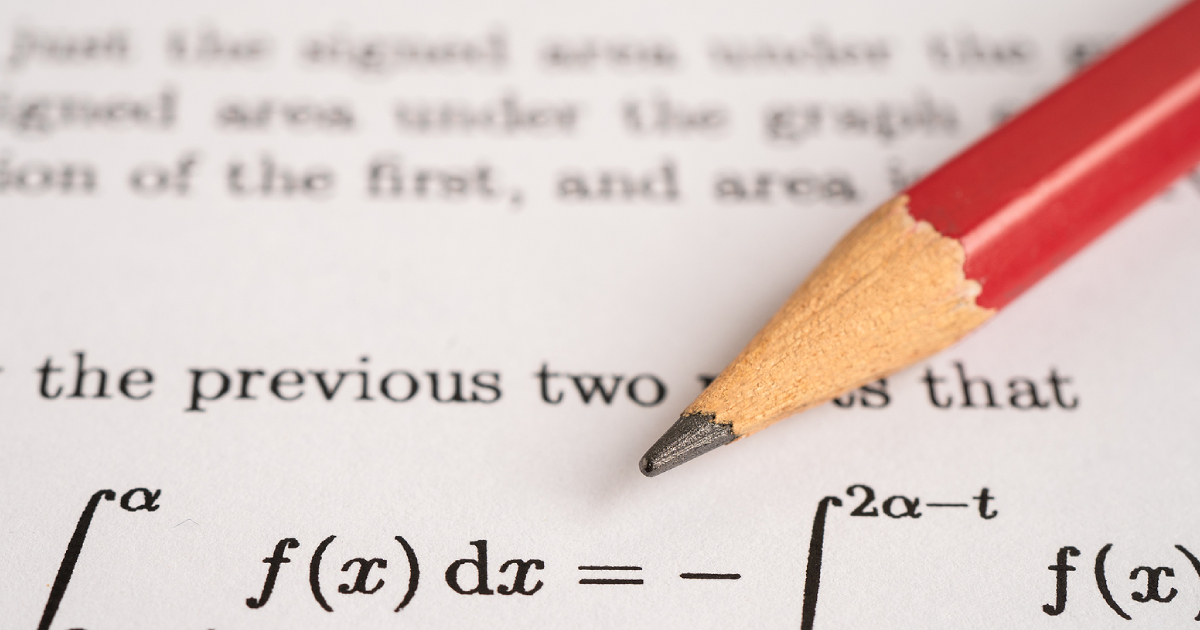Making careless mistakes in maths can be frustrating, especially when you realise it only after handing in your paper. Whether you’re revising for the O-Levels, IP exams, or working through problem sets from school, checking your work is just as important as solving the questions. The challenge? Doing it without wasting time. With the pressure of timed exams and busy tuition schedules, students in Singapore need strategies that are both fast and effective.
Here are five practical tips to help you check your maths work more efficiently, so you can catch mistakes quickly and maximise your marks.
1. Train yourself to estimate the answer first
Before diving into full calculations, train yourself to do a rough estimate of the expected answer. This is not just a useful skill during exams, but also a powerful revision technique. It’s especially helpful for arithmetic-heavy questions involving percentages, ratios, or large numbers. For example, if you’re calculating 49% of 302, you should have a ballpark idea that the answer should be slightly less than 151. If your final answer is far off the estimate, it’s a red flag.
Estimation also helps you quickly spot calculator errors or misplaced decimal points. With consistent practice, this becomes second nature and saves you from revisiting the entire solution step-by-step.
2. Reverse the operation for quick verification
This is one of the most time-efficient ways to verify an answer. After solving a problem, try working backwards. If you solved for x in an algebraic equation, plug your answer back into the original equation to check if it holds true.
This strategy works especially well in topics like algebra, simultaneous equations, and even certain geometry problems. It gives you instant feedback on your solution’s accuracy without reworking the whole question.
3. Highlight key instructions and values
Before you even start solving a problem, underline or circle the important parts of the question – such as units, keywords like “nearest integer”, or values that must be used. Many students lose marks not because their working is wrong, but because they misunderstood or missed a key instruction.
When checking your answers, revisit the question’s requirements and make sure your final response actually answers what’s being asked. You don’t want to get the right working but the wrong conclusion due to something small like using the wrong unit.
4. Scan for common errors specific to the topic
Each maths topic has its own set of common mistakes. If you’re doing differentiation, make sure your powers and signs are correct. In trigonometry, double-check if you’ve used the correct function (sine, cosine, or tangent) and whether your calculator is in the right mode – degrees or radians. For probability questions, ensure the total probability adds up to 1.
Train yourself to develop a mental checklist for each topic. After solving the question, run through this checklist quickly. You’ll get better at this with practice, especially with guidance from a tutor who points out recurring errors you might not notice.
Students who are already juggling other subjects, such as working with an IB Chemistry tutor, will benefit from making this kind of quick, focused checking a habit. It keeps your checking sharp even when you’re mentally tired from a full study schedule.
5. Check only high-risk steps, not everything
It’s tempting to double-check every line of work, especially for longer questions, but that’s a sure way to run out of time. Instead, be selective. Focus your checking on steps where you’re most likely to have made a mistake: sign changes, expansion of brackets, transferring values across an equation, and converting units.
By narrowing your attention to high-risk areas, you save time while still increasing your chances of catching major errors. This method is especially helpful during exams when time is tight and every minute counts.
Conclusion
Whether you’re reviewing your school assignments or prepping for a major exam, efficient checking is a skill worth building. At Studious Minds, we help students master both problem-solving and smart revision techniques like these. Get more out of your learning by discovering proven strategies tailored to the Singapore curriculum — and take your maths performance to the next level with us.




